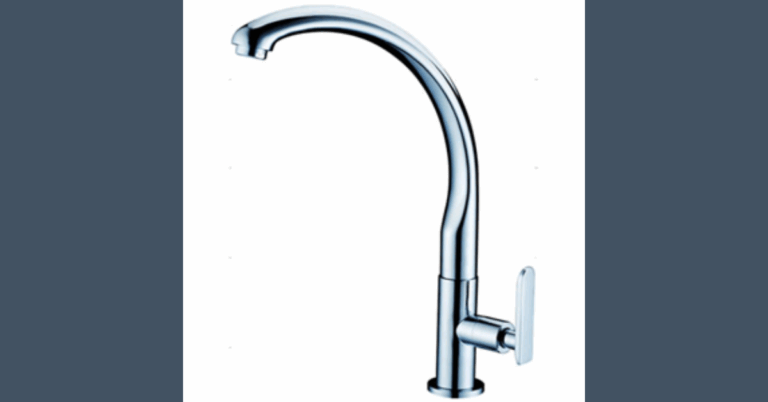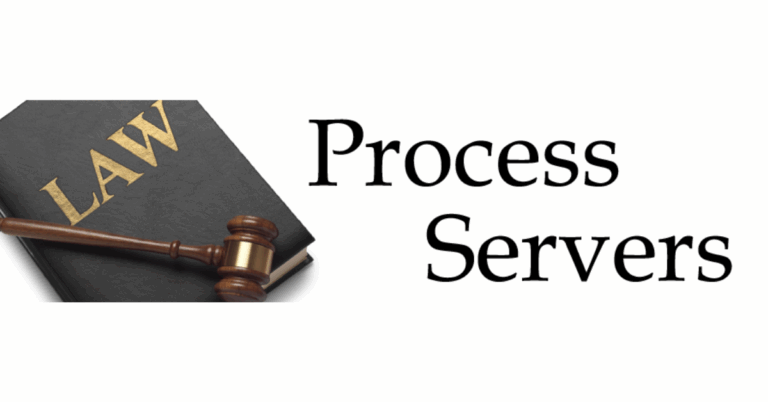Edtech CRM: Transforming Education with Smart Customer Relationship Management
In the rapidly evolving education technology landscape, managing student engagement, admissions, and communication efficiently is critical. This is where Edtech CRM (Customer Relationship Management) systems come into play. An Edtech CRM is a specialized software solution designed to streamline and optimize how educational institutions interact with prospective and current students, parents, and other stakeholders.
This article explores the benefits of Edtech CRM, how it works, and why it is becoming indispensable for schools, colleges, and edtech companies aiming to enhance their sales and operational efficiency.
What is Edtech CRM?
Edtech CRM refers to customer relationship management software tailored specifically for the education sector. Unlike generic CRM tools, Edtech CRM solutions are built to address the unique challenges faced by educational organizations, such as student recruitment, admissions, counseling, and retention.
With an Edtech CRM, institutions can automate communication workflows, track leads through the admissions funnel, manage student data securely, and gain insights through analytics to improve decision-making.
Why Edtech CRM is Essential for Modern Education
Education providers today compete not only on academic quality but also on the experience they offer to students and their families. An effective Edtech CRM supports this by:
Improving Lead Management
Managing inquiries from prospective students can be overwhelming. Edtech CRM systems capture leads from multiple sources like websites, social media, and events, consolidating them into a single platform for easy tracking and follow-up.
Enhancing Communication
Personalized communication is key to building relationships. Edtech CRM automates emails, SMS, and notifications, ensuring timely and relevant contact with students and parents.
Streamlining Admissions
Edtech CRM tools help automate application processing, document management, and interview scheduling, significantly reducing administrative workload.
Boosting Student Engagement
By tracking interactions and preferences, Edtech CRM enables institutions to tailor programs and services that meet students’ needs, increasing satisfaction and retention.
Providing Data-Driven Insights
The analytics features of Edtech CRM deliver valuable reports on enrollment trends, campaign performance, and student demographics, allowing institutions to make informed strategic decisions.
Key Features of an Effective Edtech CRM
Choosing the right Edtech CRM involves evaluating its features. Here are some critical functionalities to look for:
Lead Capture and Management
The ability to capture leads from multiple channels and manage them efficiently is foundational to any Edtech CRM. Automated lead scoring helps prioritize high-potential students.
Multi-Channel Communication
Integrated email, SMS, and call management ensure seamless communication without needing multiple platforms.
Application and Admission Tracking
A centralized dashboard to monitor application statuses, document submissions, and admission decisions simplifies the entire recruitment process.
Student Database Management
Secure storage and easy retrieval of student information, academic history, and contact details are vital for personalized engagement.
Analytics and Reporting
Customizable reports and dashboards help track key performance indicators and optimize marketing and admissions strategies.
Integration Capabilities
Edtech CRM should integrate smoothly with other software such as Learning Management Systems (LMS), payment gateways, and marketing automation tools.
Benefits of Using Edtech CRM for Educational Institutions
Implementing an Edtech CRM can transform the way educational organizations operate. Here are some benefits:
Increased Enrollment Rates
By efficiently managing inquiries and follow-ups, institutions see higher conversion rates from leads to enrolled students.
Reduced Administrative Burden
Automating repetitive tasks such as email campaigns and application tracking frees staff to focus on higher-value activities.
Enhanced Student Experience
Personalized communication and timely support foster trust and improve satisfaction throughout the student journey.
Better Collaboration Across Departments
Edtech CRM centralizes data, improving collaboration between admissions, marketing, and academic teams.
Improved Retention and Alumni Relations
Tracking student engagement helps identify at-risk students early, allowing intervention. Post-graduation, CRM tools help maintain alumni relations for fundraising and networking.
How to Implement Edtech CRM Successfully
To maximize the benefits of an Edtech CRM, follow these implementation best practices:
Define Clear Objectives
Identify what problems the CRM should solve—whether it’s increasing admissions, improving communication, or tracking student progress.
Choose the Right Platform
Select an Edtech CRM that aligns with your institution’s size, budget, and technical capabilities.
Train Your Team
Ensure staff are well-trained on the CRM’s features and workflows to encourage adoption and effective use.
Migrate Data Carefully
Plan for data migration from existing systems to avoid data loss and ensure accuracy.
Monitor and Optimize
Use analytics provided by the CRM to continuously improve your processes and strategies.
Common Challenges Addressed by Edtech CRM
Educational institutions often face challenges such as scattered student data, inconsistent communication, and manual tracking processes. Edtech CRM addresses these by:
-
Centralizing student and lead data in a single platform.
-
Automating follow-ups to reduce missed opportunities.
-
Providing real-time insights to quickly adapt recruitment strategies.
-
Enhancing transparency across departments to avoid duplication of efforts.
Frequently Asked Questions (FAQ)
What makes Edtech CRM different from traditional CRM?
Edtech CRM is specifically designed for educational needs, focusing on admissions, student engagement, and education-related workflows, whereas traditional CRMs serve a broad range of industries without education-specific features.
Can Edtech CRM integrate with other education software?
Yes, most modern Edtech CRM platforms offer integration with Learning Management Systems, payment gateways, email marketing tools, and more to create a seamless ecosystem.
Is Edtech CRM suitable for small educational institutions?
Absolutely. Many Edtech CRM providers offer scalable solutions tailored for institutions of all sizes, from small coaching centers to large universities.
How does Edtech CRM improve student retention?
By tracking student interactions and engagement, Edtech CRM helps identify students who may need additional support or counseling, enabling proactive retention efforts.
What security measures are in place for student data?
Edtech CRM platforms prioritize data security with encryption, role-based access controls, and compliance with data protection regulations like GDPR.
Conclusion
Edtech CRM is revolutionizing the education sector by offering tailored solutions that improve student recruitment, communication, and engagement. Educational institutions in today’s competitive landscape can no longer rely on manual processes or generic CRM tools. Investing in a specialized Edtech CRM empowers schools, colleges, and edtech companies to deliver a personalized, efficient, and data-driven experience for students and staff alike.







